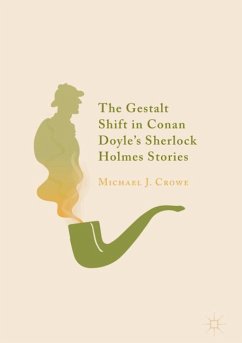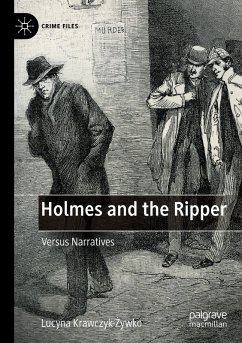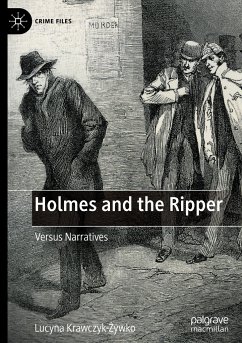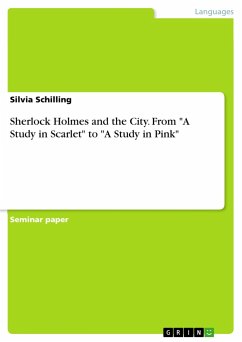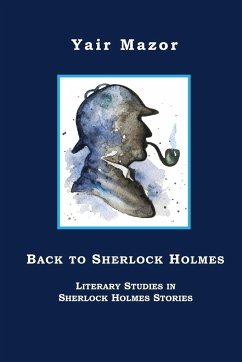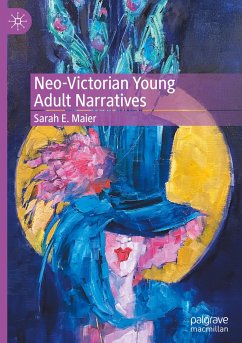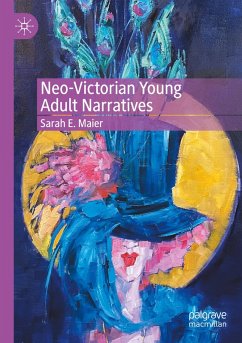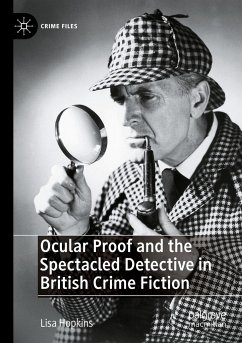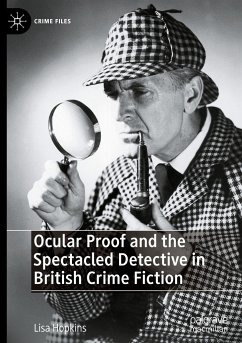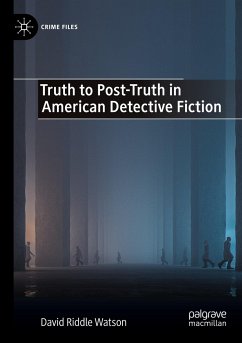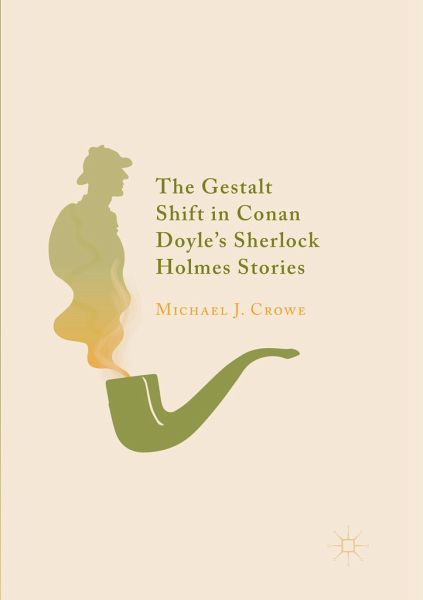
The Gestalt Shift in Conan Doyle's Sherlock Holmes Stories
Versandkostenfrei!
Versandfertig in 6-10 Tagen
38,99 €
inkl. MwSt.
Weitere Ausgaben:

PAYBACK Punkte
19 °P sammeln!
This book analyzes the four novels and fifty-six stories written by Sir Arthur Conan Doyle describing the adventures and discoveries of Sherlock Holmes. Michael J. Crowe suggests that nearly all the Holmes stories exhibit the pattern known as a Gestalt shift, in which suddenly Holmes's efforts reveal a new perspective on the case, typically identifying the culprit(s) and resolving the case. Drawing on ideas presented by Thomas S. Kuhn in his famous Structure of Scientific Revolutions (1962), Crowe argues that similar to the way that Kuhn applied the idea of a Gestalt shift to the history of sc...
This book analyzes the four novels and fifty-six stories written by Sir Arthur Conan Doyle describing the adventures and discoveries of Sherlock Holmes. Michael J. Crowe suggests that nearly all the Holmes stories exhibit the pattern known as a Gestalt shift, in which suddenly Holmes's efforts reveal a new perspective on the case, typically identifying the culprit(s) and resolving the case. Drawing on ideas presented by Thomas S. Kuhn in his famous Structure of Scientific Revolutions (1962), Crowe argues that similar to the way that Kuhn applied the idea of a Gestalt shift to the history of science, this approach can be used to reveal the structure of the Holmes stories and possibly be applied to some other areas of fiction.



